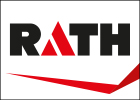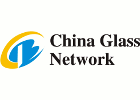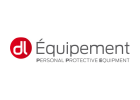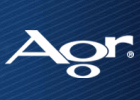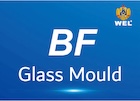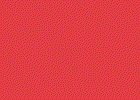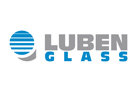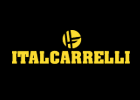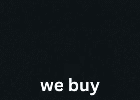AGC Glass Europe, part of the global AGC Group and a global leader in flat glass manufacturing, and ROSI, a frontrunner in the recovery and recycling of high-value raw materials from the photovoltaic industry, have entered into a strategic partnership agreement. By drawing on AGC Glass Europe’s extensive glassmaking experience and ROSI’s expertise in transforming end-of-life photovoltaic modules into high-purity raw materials, this partnership will contribute to more circular, low carbon production practices and the long-term success of both industries.
Signed on September 13 in Saint Honoré (France), in the presence of Itochu, a major investor in ROSI, this partnership agreement marks an important step in creating a more sustainable and circular value chain for flat glass and photovoltaics.
The recycling of glass requires 25% less energy than the production of virgin glass, which makes it more economic and sustainable. With solar panels consisting of 70% glass, end of life panels have the potential to become a major component in the glass supply chain. Through this collaboration, AGC Glass Europe and ROSI aim to recycle and reuse high volumes of photovoltaic glass in the production of flat glass. This not only provides necessary raw material for the glass industry, but also reduces the end-of-life environmental impact of photovoltaic panels. The collaboration marks a great milestone in the journey towards creating a more sustainable and circular glass and photovoltaic value chain.
Marc Foguenne, Vice -President Sustainability at AGC Glass Europe, commented, “We are making a significant step toward our goals of cutting Scope 1, 2, and 3 emissions by 30% by 2030, achieving carbon neutrality by 2050, and reducing the environmental impact of our operations. Photovoltaic glass is very transparent and clean, making it a valuable source of recycled material for our factories. However, it has a different composition from our standard products, meaning technical innovation is mandatory to allow for recycling within our processes. That is precisely where ROSI comes in as a technical partner for integrating sustainable practices, which are at the core of our values.”
In addition to supporting the circular economy both companies can significantly reduce the carbon emissions associated with glass manufacturing. The use of 1 ton of glass cullet as a secondary material in float glass production saves 0.7 tons of CO2 and 1.2 tons of new raw materials. Research and development teams have already conducted successful tests on the use of glass cullet from photovoltaic panels in the production of flat glass, demonstrating the feasibility of using recycled glass without compromising the quality or performance of the final product. The results indicate that the incorporation of recycled glass has potential to become a standard part of AGC’s production process.
Yun Luo, President of ROSI, stated, “This partnership with AGC Glass Europe is a major milestone in our mission to recycle and reuse valuable raw materials recycled from the photovoltaic industry. Together, we are creating a more sustainable future for both the solar and glass industries. We are very pleased to sign this agreement in the presence of our investor Itochu, which has always been a great support for our development.”
Masayoshi Takezaki, General Manager of Renewable Energy Business Section of Itochu Corporation, added, “We are delighted to announce the new partnership between AGC and ROSI. As a shareholder and partner of ROSI, we are, also, looking forward to introducing the ROSI technology to contribute to the growing demand in Japan in the very near future.”




